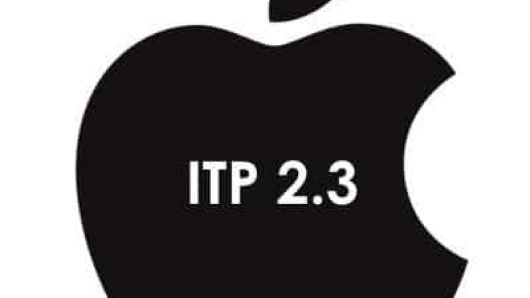In its efforts to protect privacy, Apple’s Intelligent Tracking Prevention limits the length of time its Safari browser saves user data, negatively impacting paid search performance and the ability to track all channel performance online. What that means to you is that your ability to accurately drive and measure paid search performance is at risk, perhaps by as much as 20%.
Web analytics and other tools need user data to track performance and serve ads. But ITP makes users disappear from remarketing audiences faster, count toward paid search conversions over shorter timeframes, revert back to unique visitor status more quickly, and more.
Conversion tracking, remarketing and retargeting audiences, and other facets of paid advertising rely on the ability to successfully track the actions of site visitors. But that tracking relies, in turn, on cookies and other forms of user data stored at the browser level. When ITP limits the length of time Safari browsers save user data on iOS, iPadOS, and macOS devices, it affects our ability to market to visitors and track the performance of our marketing efforts.
What Is ITP Version 2.3?
Having the ability to track an engaged user from the initial ad click through the entire conversion funnel provides an advertiser with actionable insight into their marketing efforts. But ITP 2.3 limits client-side cookies to 24 hours, and all script-writeable website data to seven days. Apple’s goal here is to cap the lifetime of script-writable browser storage. In other words, to limit how long an advertiser can track attribution back to a site visitor – paid or unpaid.
Apple’s efforts to reduce tracking on iOS, iPadOS, and macOS devices comprise a multi-part rollout of ITP, now in version 2.3. ITP takes advantage of machine learning to automatically, and in real time, negatively classify advertising partners – like Google Ads, Facebook, Microsoft Advertising, and others – that leverage cross-site and other forms of user tracking that occur in the browser. The ability to keep track of users who interact with ads delivered by these advertising partners is greatly diminished, if not completely removed, once negatively classified by Apple.
What Can be Done to Minimize the Effects of ITP?
Safari made up 18.41% of the overall browser market share in October 2019 according to NetMarketShare. Check your web analytics to identify your actual percentage of Safari-based site visitors. Your percentage of Safari users represents the worst-case scenario of how much your analytics data and programs could be affected. For example, you could be under-reporting paid visitor conversions by 18% if your Safari visitor percentage mirrors browser share trends.
Google, Facebook, and the other ad platforms work to ensure that they provide advertisers with the most accurate data possible. It’s in their interest to preserve tracking capabilities across all browsers to the best of their ability.
In order to do that, they periodically update their tracking code. Always use the latest conversion tracking or pixel code available for each platform. Using outdated tracking code is much less effective at mitigating ITP. Make sure to follow best practices when it comes to the way the code is configured and deployed on your website.
Even with the most recent code deployed on your site, remember as you’re running campaigns and measuring performance that users on Safari browsers will be tracked differently from other users, skewing your data.




